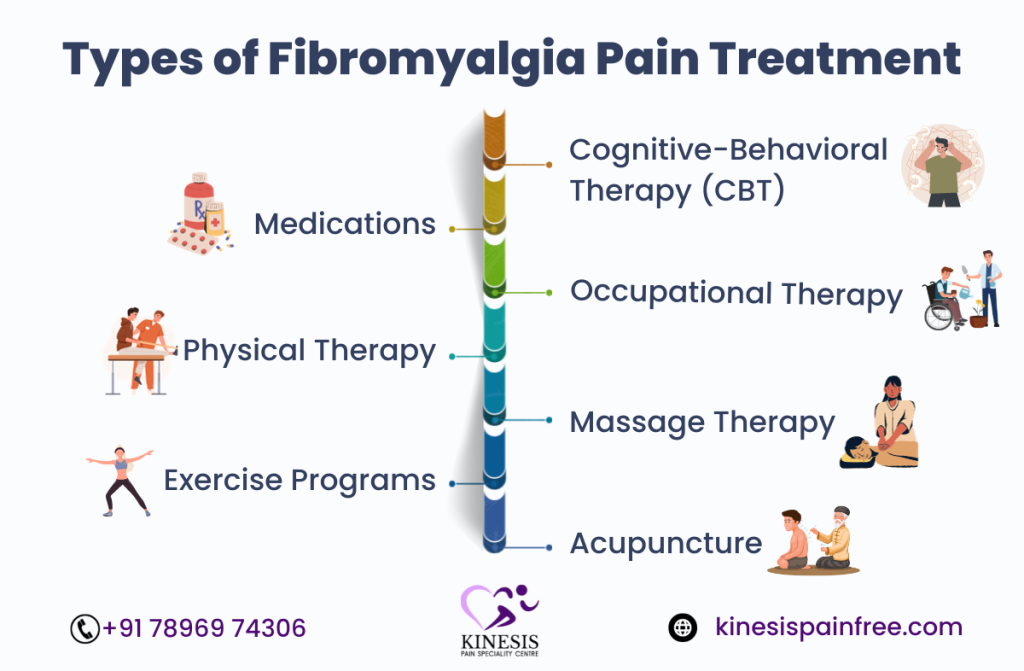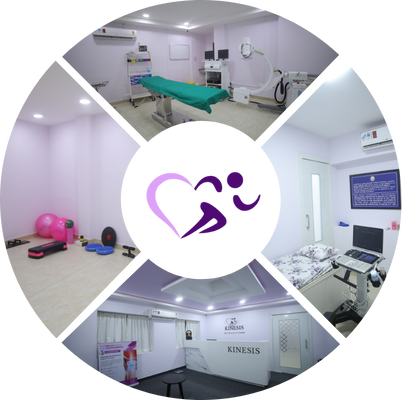Causes of Myofascial Pain
In the bustling city of Chennai, where daily life can often be fast-paced and demanding, finding effective ways to unwind and prioritize self-care is crucial. In this blog, we delve into the world of myofascial treatment in Chennai, exploring its benefits and how it can contribute to your overall well-being. Myofascial pain syndrome is characterized by trigger points in muscle fibers, resulting in localized pain and discomfort. Common causes include:
- Muscle Overuse or Strain: Repetitive motions or excessive use of specific muscles can lead to the development of trigger points.
- Muscle Imbalances: Uneven muscle usage, often due to poor posture or certain occupations, can lead to myofascial pain.
- Injuries: Acute injuries or trauma to muscles can lead to the formation of trigger points.
- Stress and Tension: Emotional stress can lead to muscle tension and the development of trigger points.
- Postural Issues: Poor posture, especially in sedentary occupations, can contribute to myofascial pain.
- Chronic Health Conditions: Conditions like fibromyalgia and chronic fatigue syndrome can increase the likelihood of myofascial pain.
- Joint Dysfunction: Problems with joints can lead to muscle compensations and the development of trigger points.
- Lifestyle Factors: Activities like prolonged sitting or heavy lifting can contribute to the formation of trigger points.
Understanding the specific causes of myofascial treatment in Chennai is crucial in devising an effective treatment strategy.

Symptoms of Myofascial Pain
Recognizing the symptoms associated with myofascial pain is crucial for early intervention and tailored treatment. Common indicators include:
- Localized Muscle Pain: Trigger points cause pain that is usually localized to a specific area of a muscle.
- Tender Points: Areas with trigger points are tender to the touch and may produce referred pain.
- Stiffness and Limited Range of Motion: Muscles with trigger points can feel stiff and may limit normal movement.
- Referred Pain: Pain from trigger points can radiate to other areas of the body, creating a pattern of discomfort.
- Muscle Knots or Nodules: Palpable knots or nodules can be felt in the affected muscles.
- Headaches: Trigger points in neck and shoulder muscles can lead to tension headaches.
- Fatigue: Persistent pain can contribute to overall feelings of fatigue and discomfort.
- Sleep Disturbances: Pain from trigger points can interfere with normal sleep patterns.
If you’re experiencing any of these symptoms, it’s crucial to consult a healthcare professional for accurate diagnosis and appropriate treatment.
Myofascial Treatment in Chennai
Effectively addressing myofascial treatment in Chennai necessitates a tailored approach based on the individual circumstances and specific trigger points. Treatment options may include:
- Trigger Point Injections: This procedure involves injecting a local anesthetic or anti-inflammatory medication directly into the trigger point to alleviate pain.
- Physical Therapy: Targeted exercises, stretching, and techniques to release trigger points and improve muscle function.
- Massage Therapy: Deep tissue massage and myofascial release techniques can help break up trigger points and improve blood flow.
- Heat and Cold Therapy: Applying heat or cold packs can help relax muscles and reduce inflammation in affected areas.
- Dry Needling: This technique involves inserting thin needles into trigger points to release tension and promote healing.
- Ultrasound Therapy: Using sound waves to generate heat, this therapy can help relax and heal affected muscles.
- Medications: Non-steroidal anti-inflammatory drugs (NSAIDs) or muscle relaxants may be prescribed to alleviate pain and inflammation.
- Postural Training: Techniques to improve posture and ergonomic adjustments to prevent future trigger points.
Tailoring the treatment plan to the specific needs of each patient ensures the best possible outcome.
Non-Surgical Procedures
Non-surgical interventions can often provide significant relief for myofascial treatment in Chennai. These procedures may include:
- Platelet-Rich Plasma (PRP): This treatment involves injecting a concentrated dose of the patient’s own platelets to stimulate healing in affected muscles.
- Botox Injections: Botulinum toxin injections can help relax muscles and alleviate pain from trigger points.
- Corticosteroid Injections: These injections deliver a powerful anti-inflammatory directly to the area around the affected muscle to reduce pain and inflammation.
Non-surgical approaches can often provide significant relief and improve quality of life for individuals experiencing myofascial pain.
Why Choose Us for Myofascial Treatment in Nungambakkam?
At Kinesis Pain Specialty Centre, we understand the unique challenges of managing myofascial treatment in Nungambakkam. Here’s why you can trust us with your pain management:
- Specialized Expertise: Our team of experienced specialists focuses on the diagnosis and treatment of myofascial pain, ensuring accurate and effective care.
- Comprehensive Evaluation: We employ advanced diagnostic tools and techniques to understand the root cause of your myofascial treatment in Nungambakkam and tailor a treatment plan to your specific needs.
- Advanced Technologies: We offer the latest
FAQ
What are trigger points, and how do they contribute to myofascial pain?
Trigger points are hyperirritable nodules or knots within a muscle or its fascia that can be palpated. They are associated with the development of myofascial pain syndrome. Trigger points can cause local pain and discomfort or refer pain to other areas of the body. The exact mechanisms behind trigger point formation are not fully understood, but factors such as muscle overuse, trauma, and poor posture are believed to contribute.
How is myofascial pain diagnosed?
Diagnosis of myofascial pain typically involves a thorough clinical examination by a healthcare professional. The identification of trigger points through palpation and a detailed patient history are essential components. Imaging studies may be used to rule out other potential causes of pain. Additionally, electromyography (EMG) and diagnostic injections may be employed in some cases.
What are the available treatment options for myofascial pain?
Treatment for myofascial pain is multifaceted and may include physical therapy, massage, medications (such as muscle relaxants or pain relievers), trigger point injections, and lifestyle modifications. Stretching exercises, stress management, and ergonomic adjustments can also play a significant role in managing and preventing myofascial pain.
Conclusion
In conclusion, myofascial treatment in Chennai is a complex and often misunderstood condition characterized by the presence of trigger points within the muscle and fascia. These trigger points can cause localized or referred pain, muscle stiffness, and a range of other symptoms. Understanding the underlying mechanisms of myofascial pain, such as muscle imbalances, overuse, and trauma, is crucial for effective diagnosis and management.





